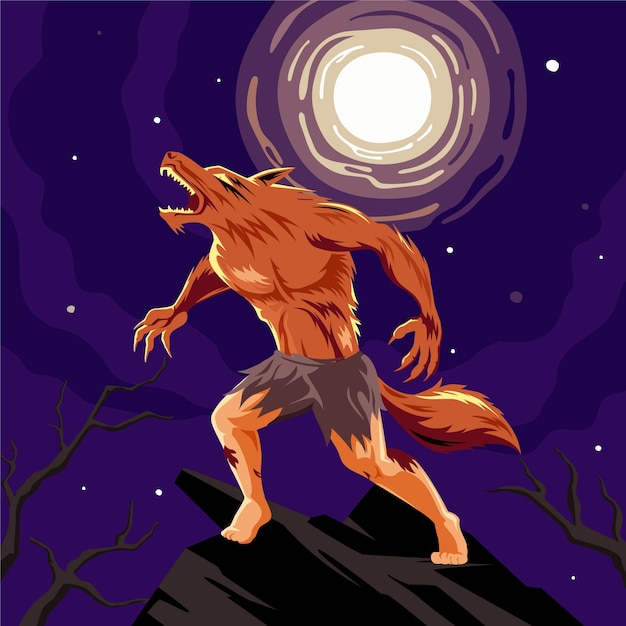Fascinating Facts about Wolves

Wolves are highly intelligent and have complex communication systems.
Wolves have a strong sense of family and live in tight-knit packs.
Wolves are excellent hunters and can reach speeds of up to 35 miles per hour.
Wolves have an incredible sense of smell, which helps them locate prey from great distances.
Wolves have a diverse range of vocalizations, including howls, growls, and barks.
Wolves are social animals and rely on cooperation within their pack for survival.
Wolves have a unique coat of fur that helps them blend into their surroundings.
Wolves are territorial and mark their territory with a scent.
Wolves have a keen sense of hearing and can pick up the sound of prey from over a mile away.
Wolves have been known to form strong bonds with their pack members and mourn the loss of a member.
Wolves are monogamous and typically mate for life.
Wolves have a powerful bite force capable of crushing bones.
Wolves have a special adaptation in their eyes that allows them to see in low light conditions.
Wolves play an important role in maintaining ecosystem balance by controlling prey populations.
Wolves have a hierarchical social structure within their pack, with the alpha being the leader.
Wolves have a beautiful howl that can be heard from several miles away.
Wolves have a strong sense of loyalty and will defend their pack members to the death.
Wolves are known for their exceptional endurance and can travel long distances in search of food.
Fascinating Facts about Wolves part 2
Wolves have a complex hierarchical social structure that helps maintain order within the pack.
Wolves have large paws with long claws that help them navigate different terrains.
Wolves have a highly developed sense of touch, which allows them to detect subtle changes in their environment.
Wolves have a specialized digestive system that allows them to consume and digest large quantities of meat.
Wolves have a symbiotic relationship with ravens, as they often work together to locate and capture prey.
Wolves have a strong sense of loyalty to their pack and will often go to great lengths to protect them.
Wolves have been featured in various mythologies and folklore, symbolizing loyalty, strength, and wisdom.
Wolves have a well-developed sense of rhythm and can synchronize their movements when hunting in groups.
Wolves have a strong pack mentality and work together to defend their territory from rival packs.
Wolves have a complex system of facial expressions and body language that enables effective communication within the pack.
Wolves have a keen sense of empathy and will support injured or sick members of their pack.
Wolves have a sophisticated hunting strategy that involves both cooperation and strategic planning.
Wolves have the ability to adapt to different climates and can thrive in various habitats around the world.
Wolves have a unique bond with the environment they inhabit, playing a crucial role in maintaining biodiversity.
Wolves have a strong sense of playfulness and will engage in games and social bonding activities within their pack.
Wolves have an extraordinary ability to navigate through vast territories, using landmarks and celestial cues.
Wolves have a heightened sense of intuition, which allows them to make split-second decisions in critical situations.
Wolves have a remarkably low rate of predation on humans, despite their fearsome reputation.
Wolves have a rich cultural and historical significance in many indigenous communities.
Wolves have a highly developed sense of teamwork, which helps them coordinate complex hunting strategies.
Wolves have a strong sense of individuality within their pack, with each member having unique traits and personalities.
Wolves have a hierarchical system for food distribution within their pack, ensuring that the most vulnerable members are taken care of.
Wolves have a remarkable ability to communicate over long distances, using vocalizations that can be heard for miles.
Wolves have an acute sense of patience, often waiting for hours or even days for the perfect opportunity to catch their prey.
Wolves have a strong sense of loyalty to their alpha, following their leadership and guidance.
Wolves have a distinctive howl that serves as a form of long-distance communication and territorial marking.
Wolves have a deep connection with the natural world and inspire awe and fascination in humans.

